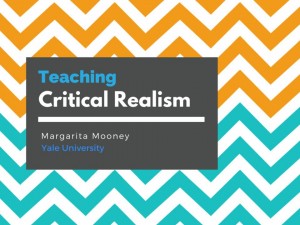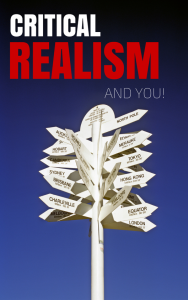I just returned from the annual meetings of the Society for the Scientific Study of Religion, where among other things, I met with “collabloggers” Regnerus, Park and Wright. I wanted to share some quick highlights of the meetings, topics you I will likely elaborate on more on this blog.
No one in recent memory who sat next to me on a plane has ever known the sociology, theology or philosophy authors I tend to read in flight, but this time was an exception. Shortly after takeoff, I pulled out a book by Henri Nouwen, and I was quite surprised when the 40-something year old gentleman next to me said he had heard of Nouwen and the organization, L’Arche, that forms the setting and inspiration for much of his writing. Turns out that gentelman is the pastor of an Evangelical church and a chaplain for a major-league baseball team. We chatted about what Nouwen’s insights into the human condition have to offer the rich and famous on the field and those struggling in today’s economy. I hope he reads our blog every once in a while, and I promise to write more about Nouwen sometime soon.
“Hey, I’ve seen your blog, nice job.” I heard that many times from people I didn’t know and people I do know; thanks for noticing, reading us, and introducing yourselves to us 🙂 And don’t forget to “share” us online if you like us!
If you got to talk to me for more than 5 minutes, you probably heard me talk about virtue ethics and sociology of religion. Thanks to all of you who pointed out the links between Bordieu’s concept of habitus and Aquinas’s writings on virtue. I’ll look into it; and the topic of virtue ethics and sociology of religion shall appear on BWG soon.
You also probably heard me talking about Martin Riesebrodt’s The Promise of Salvation: A Theory of Religion, which may be the best social theory book on religion in recent decades. I particularly like his definition of religion: “Religion is a complex of practices that are based on the existence of superhuman powers, whether personal or impersonal, that are generally invisible” (p. 75). I like this definition because it focuses on the universality of religion as a category of practice, leaving open the meaning behind that practice.
In an interview published on the SSRC’s Immanent Frame, Robert Bellah also argued that practice, not belief, is what is universal about religion. Even Joseph Ratzinger, now Pope Benedict XVI, seems to agree. In his book On the Way to Jesus Christ, in the section entitled “The Position of Faith in Christ Within Religious and Intellectual History,” Ratiznger argues that Christianity engaged with other religions through actions–worship, liturgy, and forms of life. Hence, like Bellah and Riesebrodt, Ratzigner emphasizes that the commonality of religion is not in discourse, belief or ideology, but in action.
But don’t at least Christians believe what they are doing, so isn’t it the belief that really matters about religion? I’m not so sure. In fact, as I discussed with Chris Ellison, I think religious doubt or spiritual struggles is under-studied in the sociology of religion. In Ratzinger’s Introduction to Christianity (don’t let the title mis-lead you–this book is written for scholars and thinkers), he argues that doubt more than belief is what is common to all men and women-so-called believers and atheists alike.
To illustrate, the biographies of great saints like St. Therese of Lisieux and Mother Teresa of Calcutta illustrate that “the believer is always threatened with an uncertainty that in moments of temptation can suddenly and unexpectedly cast a piercing light on the fragility of the whole that usually seems self-evident to him” (Introduction to Christianity, p. 42) Neither does the non-believer, according to Ratzinger, ever live free of the doubt that his belief in positivism, his belief in the world he has constructed, is in fact reality. Hence, “there is no escape from the dilemma of being a man,” (Introduction to Christianity, p. 45), that is, of experiencing doubt, whether that is doubt in your belief or in your unbelief.
Stay tuned for how I think a definition of religion as practice and keen attention to doubt can contribute making the sociology of religion more attune to religions other than Christianity and to the struggles of believers and non-believers alike to find and hold on to meaning.















